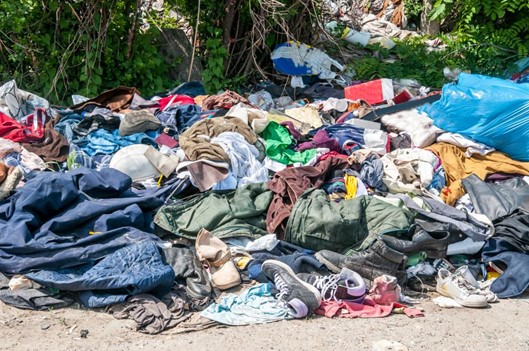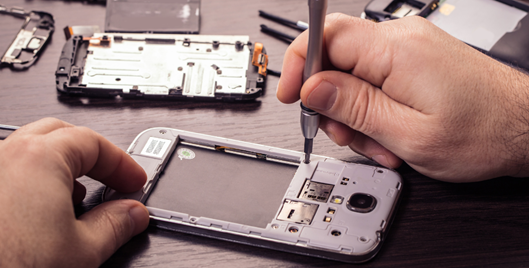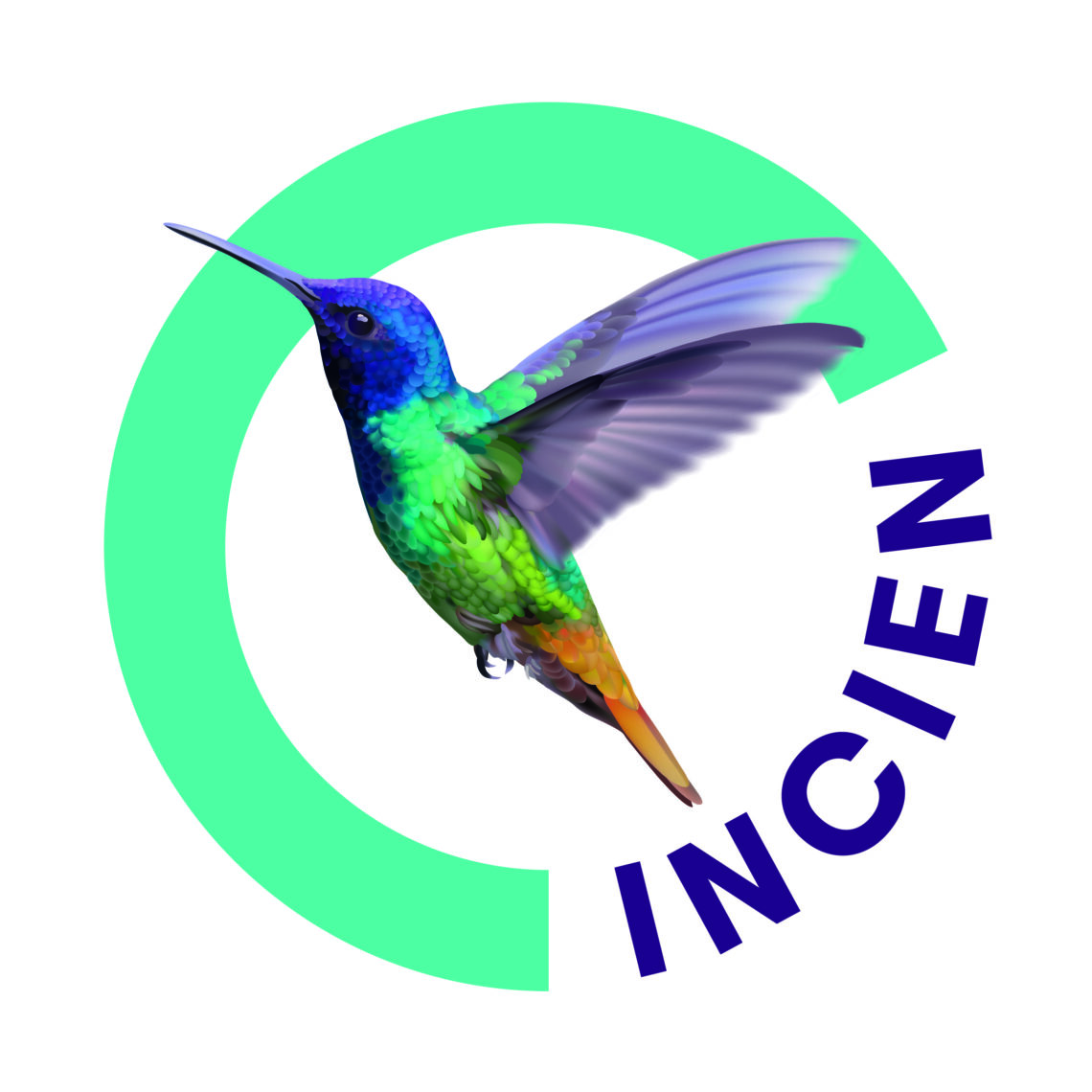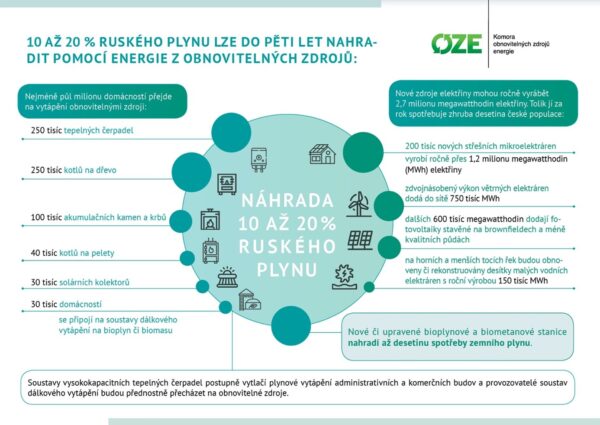28. 7. 2022
The release of microplastics and the transition to a circular economy. HUTIRA participated in a meeting on Sustainable Product Policy
HUTIRA brand has been a partner of the Institute of Circular Economy (INCIEN) since 2021. We strive to introduce sustainability into the everyday lives of citizens, companies and institutions. In addition to our core businesses, i.e. gas, water and industry, we also seek to address other areas that are relevant to the circular economy and everyday life. During the last Hotspot Talks online meeting we attended, the main topic was the upcoming EU legislation, this time focused mainly on recycling and reuse of common consumer goods.
Sustainability and circular economy are an integral part of the HUTIRA brand philosophy. That’s why in May, I also actively participated in the Hotspot Talks online meeting on Sustainable Product Policy hosted by INCIEN. The meeting presented the latest developments in the European Union’s first legislative package, which was drawn up in March. All changes are focused on the circular economy. The first Czech meeting of the Hotspot Talks series was presented by Soňa Klepek and introduced by Benjamin Hague, Head of Research at INCIEN, who presented the EU circular legislative package.
Štěpán Vashkevich, who works at INCIEN as a trainer and consultant, drew attention to the upcoming changes in the field of textiles. The main changes are requirements such as a digital product passport or measures to ban the disposal of unsold textiles. The unintentional release of microplastics from textile products will be addressed in 2022. Next year, in 2023, exports of textile waste will be significantly reduced and in 2024, the environmental footprint along with the EU Ecolabel will be addressed, meaning that manufacturers will have to provide environmental information on the life cycle of their products.

However, it is not only the European Union that is striving for sustainability, but also its individual Member States. France, for example, is already shaping an overall systemic transition to a circular economy and also adopted a comprehensive anti-waste law in 2020. The law aims, among other things, to phase out single-use plastic packaging by 2040. “France is also the first country to ban the disposal of unsold non-food products. Instead of dumping or incineration, companies will have to reuse, donate or recycle unsold goods,” adds Iva Mrázová, who attended the seminar on behalf of the HUTIRA brand.
Fewer chargers will be needed in the future
Among other things, the European Union wants to standardise mobile phone chargers in the future as part of its circular package. The practical impact would be that, for example, only iPhones with a USB-C port could be imported to the European market. All electronics should be switched to the new charging standard by autumn 2024.

This was also one of the main topics discussed during the May discussion meeting, which is based on the concept of EU Circular Talks. Their aim is to connect companies and discuss circular topics. All this in the form of workshops, webinars or interviews with prominent supporters and experts on the circular economy. “I am very happy that I could participate in the event on behalf of the HUTIRA brand and I am already looking forward to the next one. Sustainability is very important for our company policy. That’s why we became part of the April Czech Circular Hotspot, which connects experts, companies and municipalities and gradually prepares the Czech Republic for all the challenges in the field of circular economy that await us,” concludes Iva Mrázová.
Photo source:
Internetové stránky strategie pro udržitelné textilní výrobky
Plastové Šálky Odpadky Jednorázové – Fotografie zdarma na Pixabay


